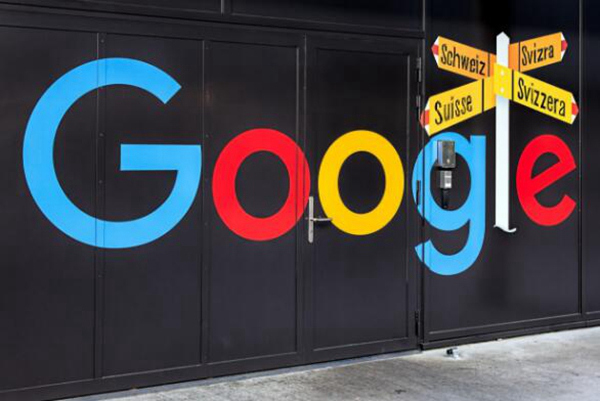Google recently announced major adjustments at a full-staff meeting, which attracted widespread attention. The company canceled the diversity and inclusion (DEI) goal and stopped related training programs; at the same time, it revoked its commitment to not develop AI technologies for weapons and surveillance. This series of changes is closely related to employee actions and the company's re-establishment of partnerships with the Pentagon, and has also triggered many questions from employees, which executives answered at the meeting. The adjustment reflects Google's strategy shift in balancing social responsibility, business interests and laws and regulations.
In a recent all-person meeting, Google executives elaborated on the company's commitment to eliminating its diversity and inclusion (DEI) goals and its commitment to no longer developing weaponized artificial intelligence. Meloni Parker, former head of diversity at Google, said the company will stop implementing diversification and inclusive employee training programs and will "update" other related training programs. This is the first time that Google has responded to all employees since it announced that it will no longer set diversified recruitment goals.

Google's chief legal officer Kent Walker said many things have changed since the company first proposed the AI principle in 2018. He said the company believed it would be beneficial for society to participate in discussions on important global topics and decided to revoke its previous commitment to not develop AI technologies for weapons and surveillance. Parker mentioned that as a federal contractor, Google is reviewing all its projects and initiatives under the Trump administration's executive order. Her position has also been adjusted from Chief Diversity Officer to Vice President of Employee Engagement.
Google CEO Sundar Pichai said at the International Artificial Intelligence Summit in Paris that although the company always attaches importance to recruiting employees who represent the diversity of users around the world, it must comply with laws and regulations in its region. Pichai added that the company's values are durable but need to be adjusted according to changes in the law.
Employees submitted 93 questions on Google’s cancellation of AI weapons development commitments and withdrawal of DEI goals through internal forums, and executives answered one by one at the meeting. The convening of the meeting is closely related to the employee actions promoted by the workers' movement organization No Tech for Apartheid.
Google has recently stopped mentioning its commitment to diversity, equality and inclusion in its filings with the U.S. Securities and Exchange Commission. In addition, Google has re-established a partnership with the Pentagon, winning a $9 billion joint war cloud capability contract with Microsoft, Amazon and Oracle.
During the meeting, Walker stressed that Google’s AI principles need to be consistent with the ever-evolving conversation. He said that while removing some of the restrictions may make the company's discussion more complicated, the company always believes that the benefits of its technology outweigh the risks.
Key points:
Google decided to cancel the diversity and inclusion goals and stop related training programs.
The company no longer promises not to develop artificial intelligence for weapons and surveillance to participate in important global dialogues.
Employees expressed concern about this decision and raised a large number of questions through internal channels.
Google's series of decisions reflects its complex trade-offs between business interests, laws and regulations and social responsibility. How Google strikes a balance in these aspects in the future will continue to be closely watched by the industry and the public.